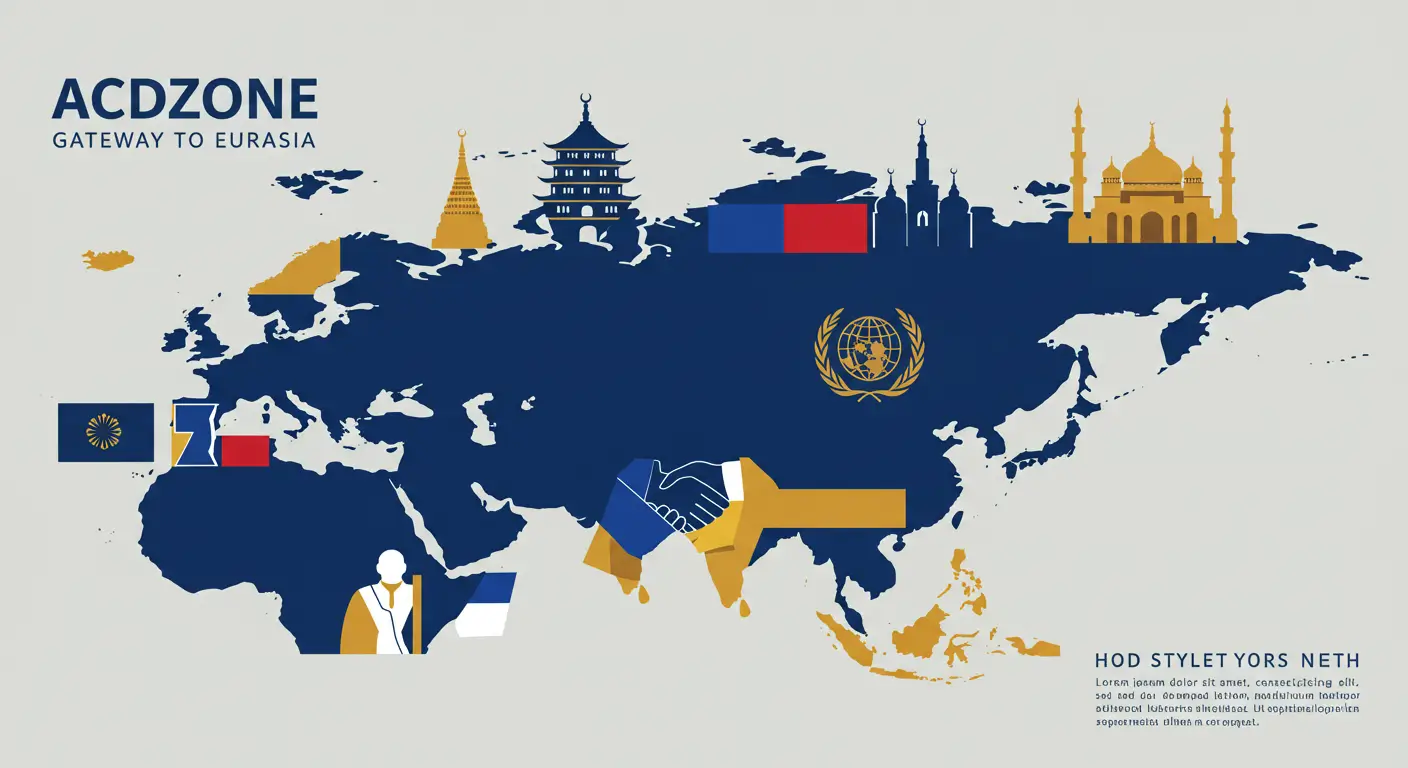Oman’s Culture and Traditions
In the heart of the Arabian Peninsula, Oman stands as a beacon of living tradition. Its cultural fabric, woven through tribal heritage, Islamic values, and maritime legacy, embodies a graceful harmony between the ancient and the contemporary. For every visitor and diplomat, Oman’s warm hospitality and respect for tradition become immediately evident.
🕌 1. Social Structure and Respect for Hierarchies
Omani society remains rooted in tribal affiliations. Elders and family leaders command respect and often mediate important decisions. This structured respect defines interpersonal relations and communal integrity.
🧕 2. Traditional Clothing
Men typically wear a white dishdasha with a ceremonial silver khanjar and a turban (mussar), while women dress in colorful garments adorned with embroidery and headscarves. This attire symbolizes national pride and identity.
☕ 3. Hospitality and Serving Etiquette
Omani coffee (Kahwa) served with dates is a hallmark of welcome. Guests are always prioritized, reflecting deep-rooted cultural etiquette regardless of economic circumstance.
🕌 4. Religion and Daily Life
Ibadi Islam, a moderate and peaceful branch, shapes Oman’s moral framework. Daily prayers, mosque presence, and religious respect are woven into routine life, while mosques reflect a blend of simplicity and elegance.
🎶 5. Music, Poetry, and Oral Traditions
Omani music blends drums, wind instruments, and sea chants. Poets and storytellers still play vital roles in preserving tribal memory and collective history.
🏺 6. Traditional Arts and Handicrafts
From silver khanjars to palm-weaved baskets and pottery, Omani crafts reflect generations of skill and pride. Traditional souks like Mutrah remain the heartbeat of this artistic expression.
Conclusion
Oman’s cultural identity is not a relic of the past but a living ethos, expressed in clothing, customs, art, and faith. In blending heritage with openness, Oman presents a model of cultural preservation amid modern transitions.





No comment